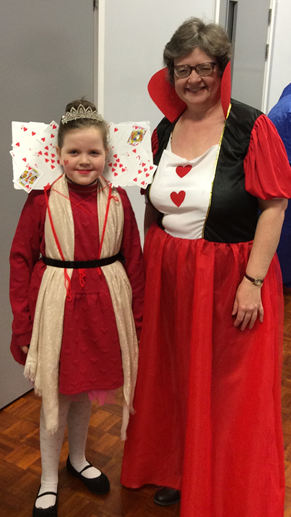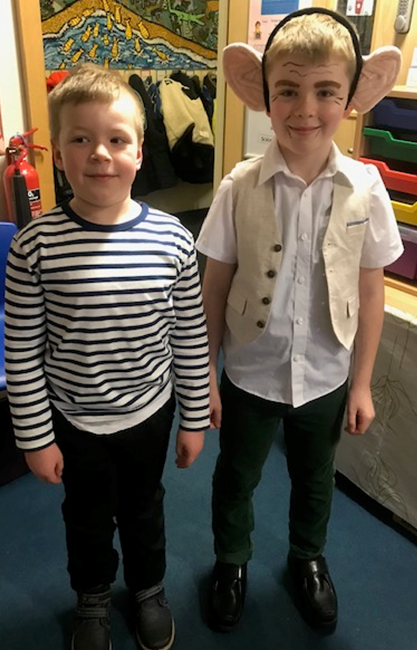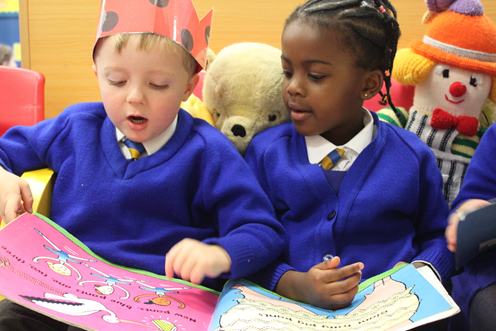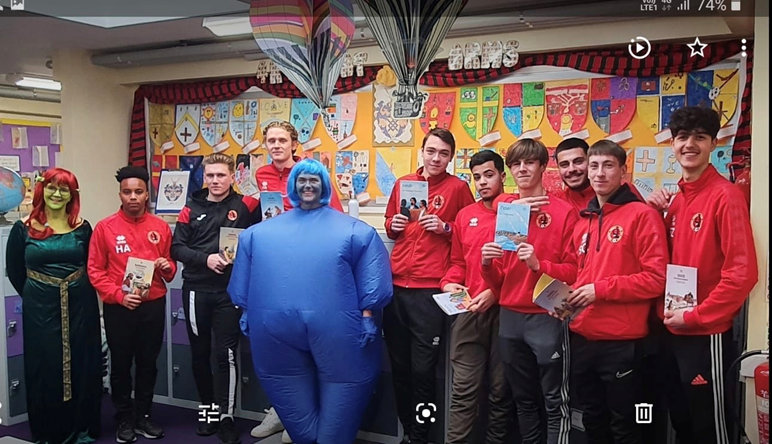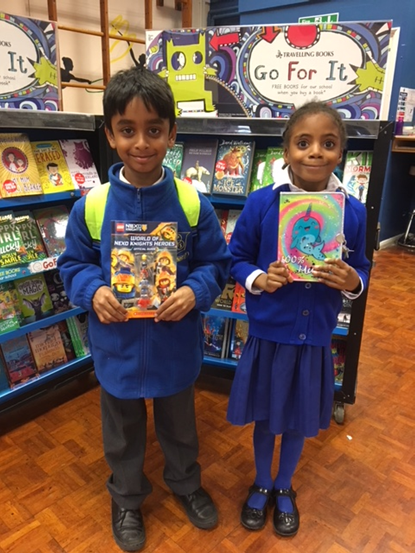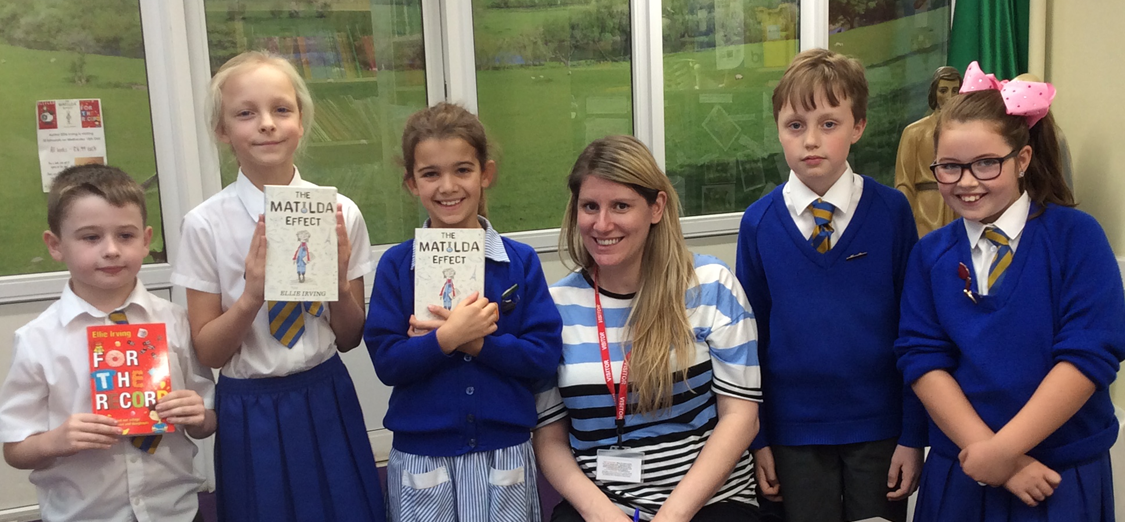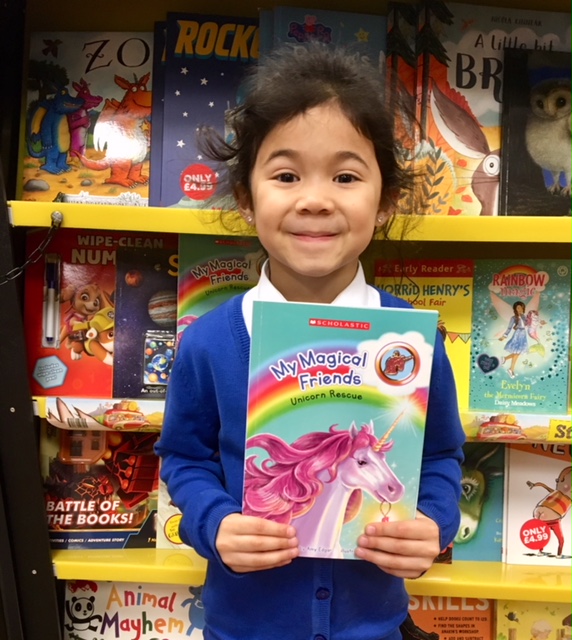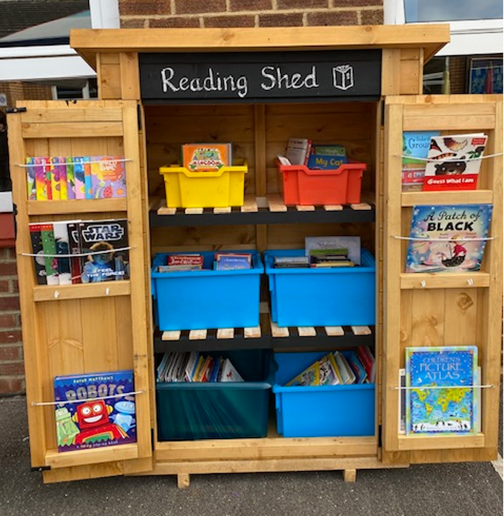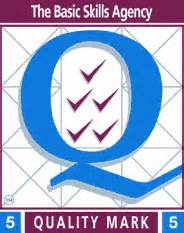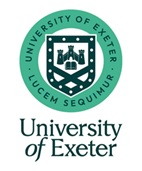Reading
Reading for pleasure opens up new worlds for children. It gives them the opportunity to use their imagination to explore new ideas, visit new places and meet new characters.
Reading for pleasure also improves children’s well-being and empathy. It helps them to understand their own identity, and gives them an insight into the world and the views of others. Research shows that reading for pleasure can be directly linked to children’s success throughout their time at school and even into adulthood.
The National Curriculum, Early Years Curriculum and the Reading Framework use this model as the foundation to show what a competent reader looks like. Readers need to be proficient in both word recognition and language comprehension and this is what we aim to achieve when teaching children how to read.
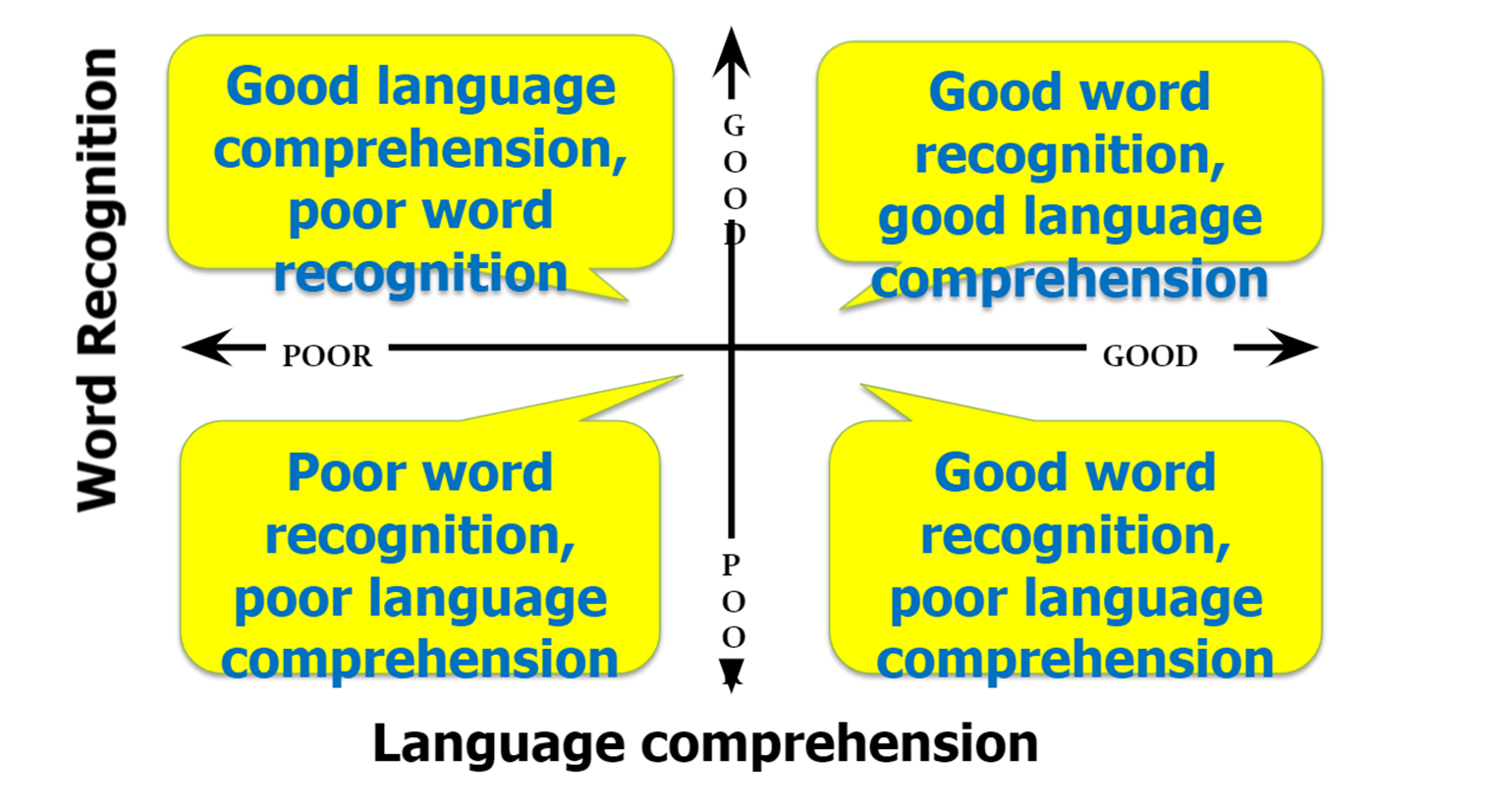
Reading is taught in a variety of ways including:
Shared Reading
An interactive reading experience that occurs when pupils join in with or share in the reading of a book of text whilst guided and supported by a teacher. The teacher models the skills of a proficient reader, including reading with fluency and expression.
Shared Reading - small group
Shared reading is a teacher-led session in which a small group of pupils learn and apply reading skills. Each child has their own copy of the text, which is carefully chosen to match the reading ability of the group and challenge individuals appropriately. Children share the same book for three days each with a different focus: decoding, prosidy and comprehension. Within the small group, pupils have the opportunity to question, partake in discussion and develop reading comprehension skills.
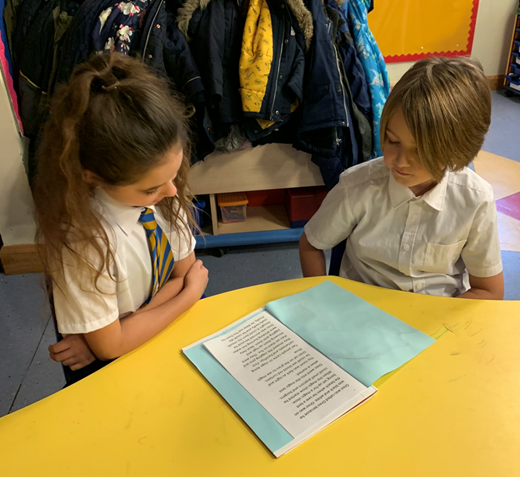
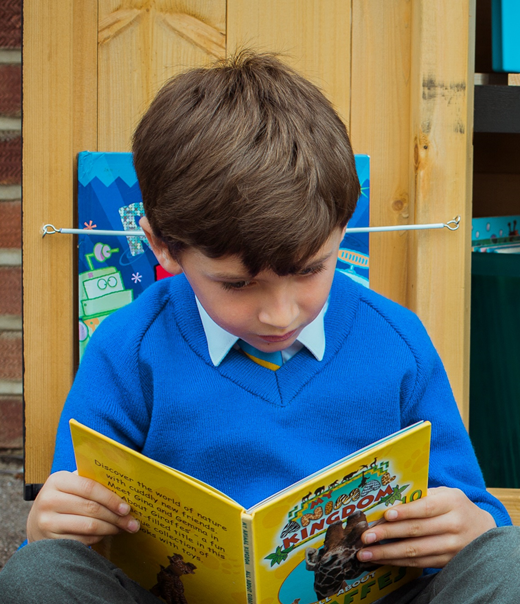
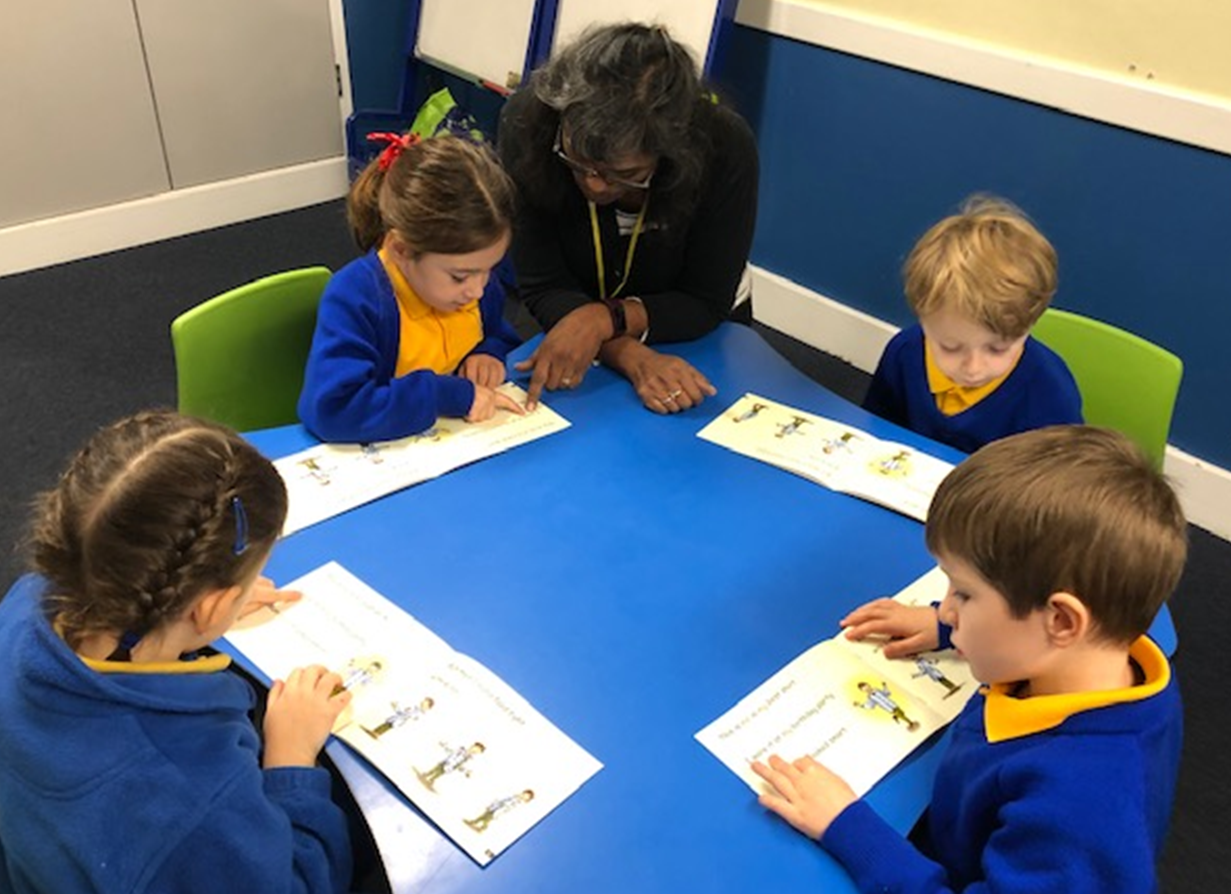
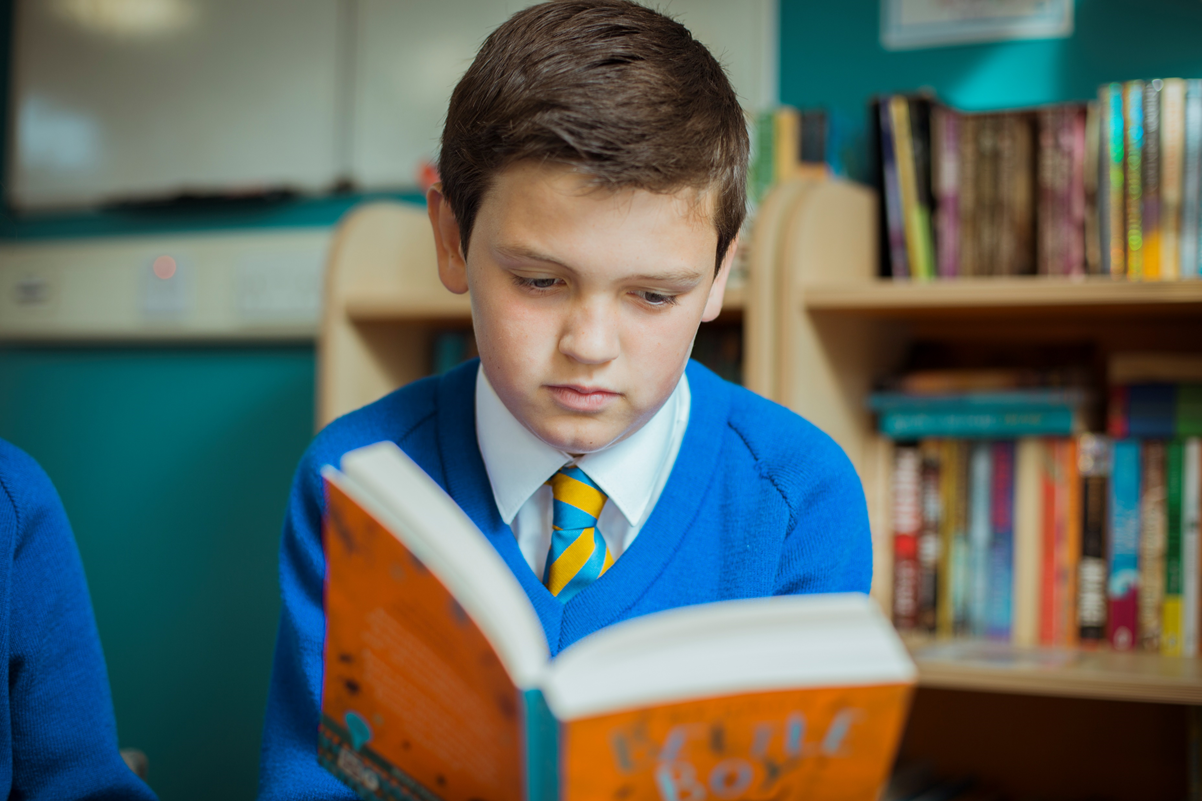
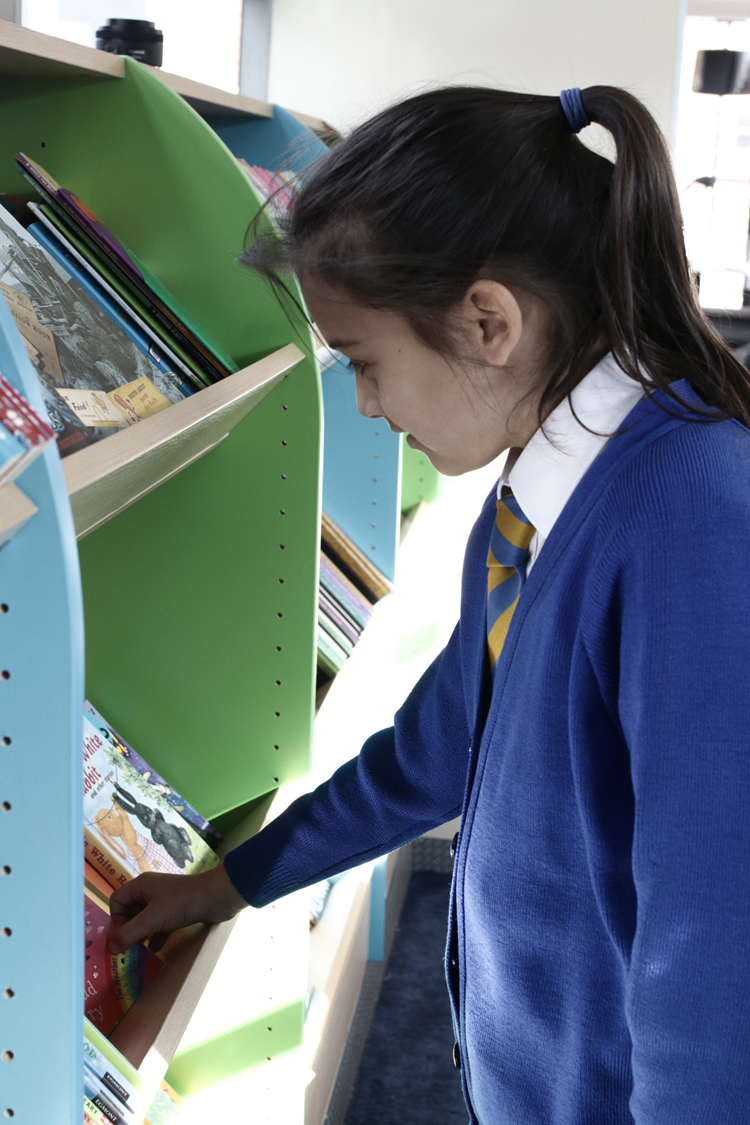
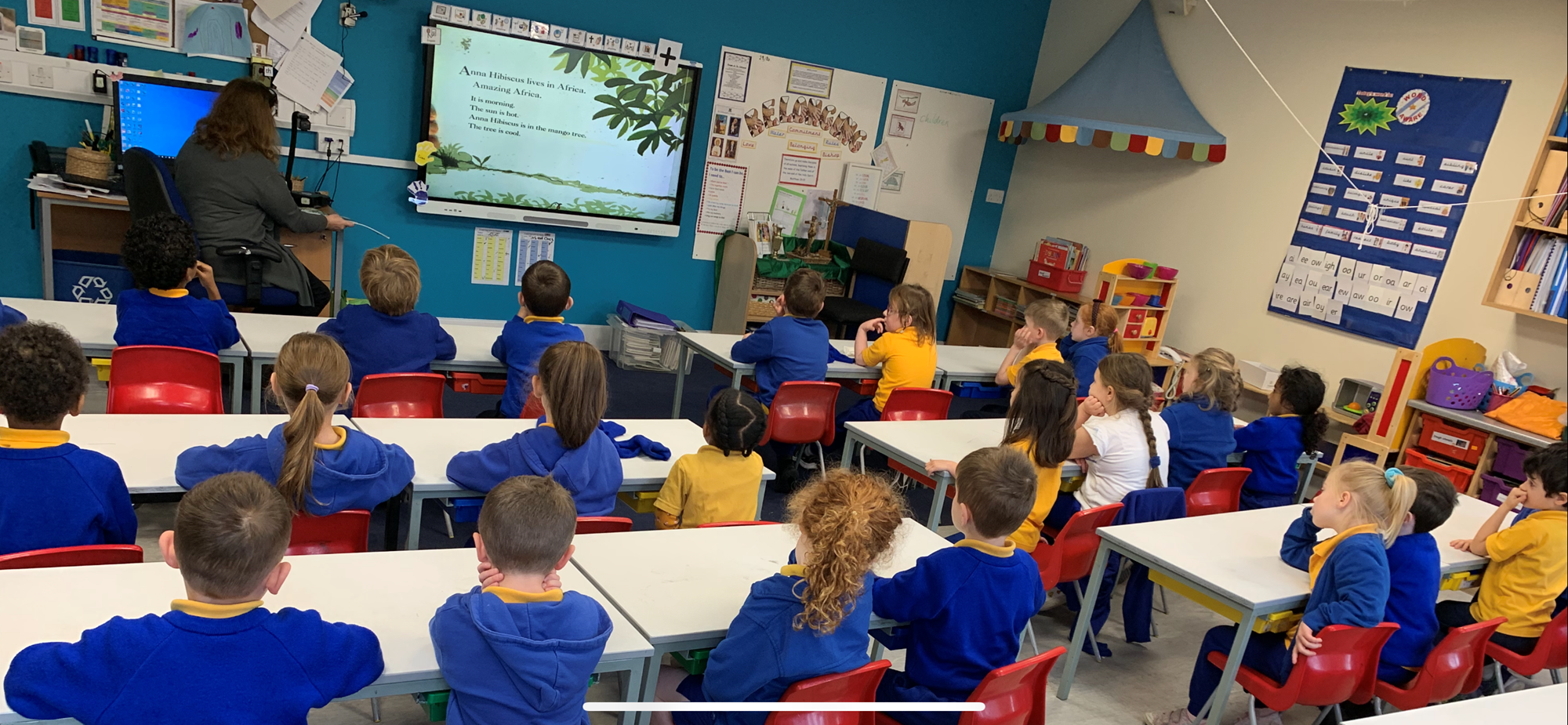
Paired Reading
We look for opportunities for children to celebrate their writing by sharing and reading as a pair or with an older pupil. This encourages confidence and pride in their achievements.
Individual Reading
There is a core scheme for individual reading to support the development of pupils’ reading skills. Pupils start the reading scheme in Reception and continue through the graded scheme until they become competent, independent readers. Pupils then choose from a wide variety of ‘Free Reader’ books from their class-based libraries.
Parents support their child with learning to read, by listening to their child read the books that are taken home from school each day. Home and school communicate about children’s reading through the use of a reading record/journal. We want all children to love reading and celebrate the written word - we often do this through book character days and story weeks.
